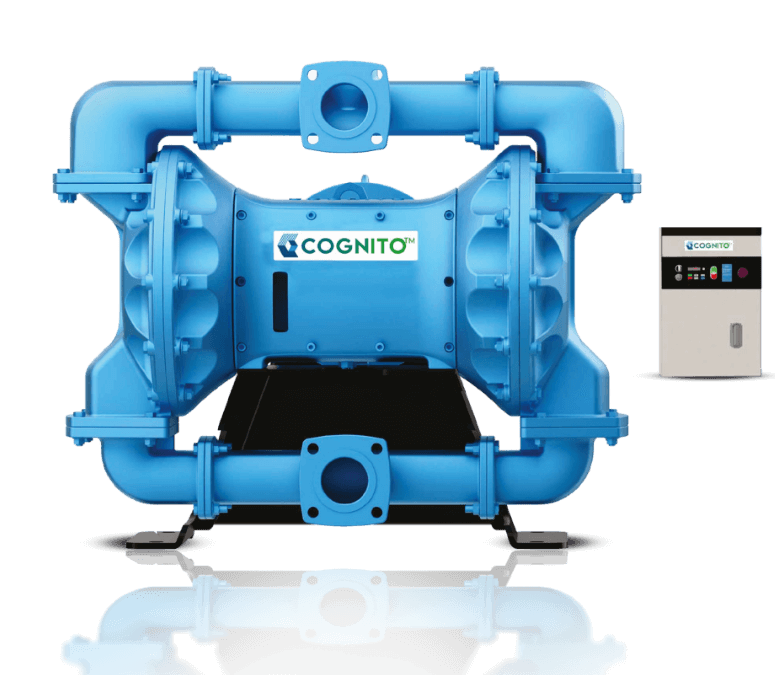Choosing the Best High Pressure Homogenizer: Key Features to Consider
 |
| Choosing the Best High Pressure Homogenizer: Key Features to Consider |
Precision is the backbone of industries
such as:
·
Pharmaceuticals
·
Biotechnology
·
Food
· Cosmetics
Consistency is critical. It is
non-negotiable. Some factors directly affect product performance. These
include:
·
Particle size reduction
· Emulsification
A high pressure homogenizer helps achieve:
·
Uniform textures
·
Stable emulsions
· Reliable formulations
It enables uniform particle size reduction,
which improves:
·
Bioavailability
·
Stability
· Scalability
These machines push fluids. They make the fluid pass through narrow channels at extremely high pressures. Shear, cavitation, and turbulence work together. They break the particles into submicron or nanoscale sizes. Selecting the right homogenizer is not just a purchase. It is a long-term investment in quality and efficiency.
Understanding High Pressure Homogenizers
A high pressure homogenizer applies extreme mechanical forces. Fluids pass through a fixed geometry interaction chamber or orifice. Shear, cavitation, and impact reduce particle size.
The result is uniform particle size reduction and improved product stability. Emulsions become finer. Suspensions stay stable for longer.
Benefits are clear. You get consistent droplet or particle distribution. Shelf life improves. Bioavailability in drugs increases. Texture and mouthfeel in food or cosmetics become smooth and uniform.
Unlike conventional mixers, a high pressure homogenizer has added benefits. It excels at nanoscale processing. It is designed for modern formulations. It is designed for environments and applications where performance depends on precision.
Why Choosing the Right Homogenizer Matters
The homogenizer you choose has a direct
impact on the product quality. Particle size distribution affects:
·
Appearance
·
Taste
·
Stability
· Therapeutic efficacy
It affects process efficiency.
· Better homogenization means less downstream processing.
It supports scalability.
· A good homogenizer allows smooth transition from lab-scale experiments to full-scale production.
It ensures compliance.
· Equipment must meet GMP, FDA, and cleanroom requirements.
It also controls costs. Efficient systems
minimize energy use. It also prevents wear, and manual intervention. The right
homogenizer provides:
·
Repeatability
·
Reliability
· Adaptability
Key Features to Look for in a High Pressure Homogenizer
Pressure range matters in a high pressure homogenizer. Higher pressures achieve finer particle sizes. Choose systems capable of up to 30,000 PSI or more. Digital pressure controls ensure repeatable results.
Particle size reduction capability is crucial. Verify submicron or nanoscale performance across different fluid types. This is essential for vaccine emulsions, nutraceutical formulations, or Suspensions used in pharmaceuticals.
Flow rate and throughput must align with your needs. Small R&D units handle 1–2 L/hour. Pilot units help in scaling. Full production systems can process 100+ L/hour.
Material compatibility cannot be ignored. 316L stainless steel, ceramic, or Hastelloy are needed for corrosive or sensitive formulations. Food and pharma applications demand hygienic, FDA-approved materials.
Cleaning and maintenance should be easy. Look for CIP/SIP systems that save time. Modular designs simplify servicing and reduce downtime.
Energy efficiency impacts operating costs. Smart drives optimize power use. Well-designed chambers minimize mechanical wear.
Scalability is essential. The high pressure homogenizer must replicate shear profiles from bench scale to full production without losing performance.
Applications of High Pressure Homogenizers Across Industries
In pharmaceuticals, they create nanoemulsions, liposomes, and injectable carriers. They are key for vaccine adjuvants and targeted drug delivery.
In food and beverages, they improve dairy emulsions, sauces, dressings, and fortified drinks. Flavour encapsulation and texture improvement are common uses.
In cosmetics and personal care, they deliver smooth creams, serums, sunscreens, and gels. Texture consistency matters for consumer appeal.
In biotechnology, they help with cell lysis for protein and enzyme recovery. They shear DNA for analysis. They process monoclonal antibodies and other sensitive biologics.
Every application benefits from uniform particle size reduction, reliable deagglomeration, and stable suspensions that last longer.
Common Mistakes to Avoid When Selecting a Homogenizer
· Do not ignore scalability. A small R&D unit that cannot scale up wastes time and money.
· Do not overlook maintenance. Complex systems with poor local support cause costly downtime.
· Do not buy without assessing application fit. A homogenizer for food may not meet sterile pharmaceutical requirements.
· Always align specifications with both current and future production needs.
Why Microfluidics High Pressure Homogenizers Stand Out?
IDEX MPT Microfluidics leads the market with Microfluidizer® technology. It is trusted for producing uniform nanoemulsions with high reproducibility.
Patented interaction chamber technology ensures consistent shear. Performance remains uniform regardless of batch size or pressure.
Energy consumption is optimized. Operating costs are reduced.
Scalability is seamless. Lab-scale, pilot, and GMP production units deliver the same results.
Compared to conventional homogenizers, Microfluidizer® systems achieve tighter particle size distribution, better deagglomeration, and more stable suspensions.
From advanced therapeutics to next-gen skincare, Microfluidics offers unmatched process control.
IDEX MPT and IDEX India: Delivering Advanced Homogenization Solutions
IDEX MPT is a global leader in precision homogenization. Their Microfluidics brand serves top pharmaceutical, food, and biotech companies worldwide.
IDEX India provides strong local support. Factory-trained engineers handle installation, training, and service.
They offer process consultation and validation support. They ensure seamless after-sales service across India.
Their systems meet Indian market needs and regulatory expectations. This combination of global technology and local expertise helps businesses stay competitive.
Conclusion
Choosing the best High Pressure Homogenizer is about more than specs. It is about ensuring consistent quality, efficient operations, and future scalability.
For industries where particle size affects efficacy, safety, and shelf life, the right homogenizer defines product excellence.
Microfluidizer® technology delivers uniform particle size reduction, stable suspensions, and reliable deagglomeration with energy efficiency and unmatched scalability.
With strong local support from IDEX India, you gain a trusted partner for advanced homogenization. Are you ready to upgrade your process? Contact IDEX India today to explore solutions designed for precision and performance.



Comments
Post a Comment